In today’s meetings and conventions world, destinations are competing harder than ever to get noticed. Flexible meeting space and solid airlift are still important—but they’re not enough to grow market share and economic impact.
One way that DMOs are helping to move the needle and create market differentiation is by leveraging their intellectual capital to stand out. When a DMO connects those local strengths to its meetings marketing strategy, it doesn’t just fill meeting space and hotel rooms—it builds community connections, drives economic growth, and tells a much richer story.
What is “intellectual capital”?
Intellectual capital goes beyond infrastructure or attractions. Think of it as the brainpower behind your destination – the industries, talent, research and innovation that your city or region has. It includes resources like:
- Knowledge, Industry & Businesses – Specialized industry clusters such as life sciences, tech, healthcare, or entertainment.
- Creativity & Innovation – The unique ideas and talent coming from local thought leaders and institutions, and the thought leaders and changemakers driving new discoveries.
- Skills & Training – Workforce expertise and research institutions.
Every destination has its own mix of intellectual capital. The key is identifying it, connecting with the community about it, and then weaving it into your meetings marketing story in a way that matters to planners.
Supporting Planners with IC Resources
Meeting planners are juggling a lot right now: budget constraints and rising costs, attendee expectations, accessibility needs, sustainability goals—the list goes on.
What they really need from DMOs is a partnership that supports community collaboration and access to resources that help them add value to the overall meeting. They’re looking for destinations that don’t only provide space, but inspire conversations and connections through distinctive experiences.
That’s where intellectual capital comes in. When a DMO can show how its local industries align with a group’s focus—say, a biotech meeting in a city known for medical research—it gives planners confidence that attendees will feel engaged and that the event will feel custom-fit to the destination.
Destination selection extends past the convention center, and into the ecosystem surrounding it. As Sherrif Karamat, CEO of PCMA, says, “It’s not just about utilizing the convention center anymore and instead, it’s about utilizing all the assets within a city to create that really personalized experience based on the interest of the participants that are going to the conference.”
Intellectual Capital as Part of a Meetings Marketing Strategy
So how do you actually do this? Turning a big idea like “leveraging intellectual capital” into a real, results-driven meetings marketing strategy takes focus, collaboration, and a clear plan. It’s not about adding another layer of complexity—it’s about working smarter with the assets your destination already has.
1. Identify your destination’s intellectual capital
Start by mapping out your local strengths. Look at infrastructure, industry clusters, universities and research institutions, and the kind of attendees you’re attracting (or want to attract).
Ask:
- What industries are growing here, and why?
- Who are the local innovators and experts?
- Where can we connect the dots between what we offer and what planners are seeking?
2. Align your marketing and sales strategies
Once you know your strengths, it’s about internal alignment. Marketing teams can support intellectual capital initiatives through content development, social media, and storytelling that showcases these industries. Using data and research, digital targeting and a strategic channel mix can help reaching planners with the destination story.
Sales teams can use that same narrative in their outreach and customized pitches. They can also leverage their teams to target planners and meetings that align with the IC in the destination, while also developing a sales mission and tradeshow calendar that maximizes the opportunity to be face-to-face with those industries.
When those efforts sync, your DMO starts sounding more like a strategic partner and less like a sales rep—and planners notice.
3. Collaborate with your community
This is where it all comes together. Economic development agencies, universities, business leaders, and local corporations all have a stake in how your destination grows.
Collaborating with them doesn’t just strengthen your message—it builds long-term buy-in and credibility for your DMO – locally and across the meetings industry.
A Quick Word on Account-Based Marketing
You’ve probably heard the term “ABM” a lot lately—and for good reason. It’s all about building relationships with high-value accounts through personalized outreach and content.
When DMOs apply ABM principles to meetings marketing & intellectual capital strategies, it becomes a game-changer. You’re no longer blasting out generic messaging; you’re creating campaigns that speak directly to the planners and organizations you want to, with a message they need.
Some quick stats to back that up:
- ABM delivers 97% higher ROI than other marketing strategies. (MarTech Alliance)
- 84% of companies see an increase in pipeline growth using ABM. (Forbes)
- 80% of marketers say ABM boosts customer lifetime value. (Source)
That’s the power of personalization—and when combined with a destination’s intellectual capital, it creates the kind of relevance that gets planners to respond.
What’s Next
If there’s one thing this approach teaches us, it’s that destinations can’t market in silos anymore. The DMOs winning right now are:
- Collaborating + communicating internally and with partners
- Doing due diligence to learn about and leverage local industries and planner expectations
- Thinking outside the box with their content, campaigns, and partnerships
- Keep innovating and evolving as the market evolves
Because at the end of the day, meetings marketing isn’t just about bringing events to your city—it’s about showing the industry what your destination brings to the table.
Want to talk more about intellectual capital? Reach out!


